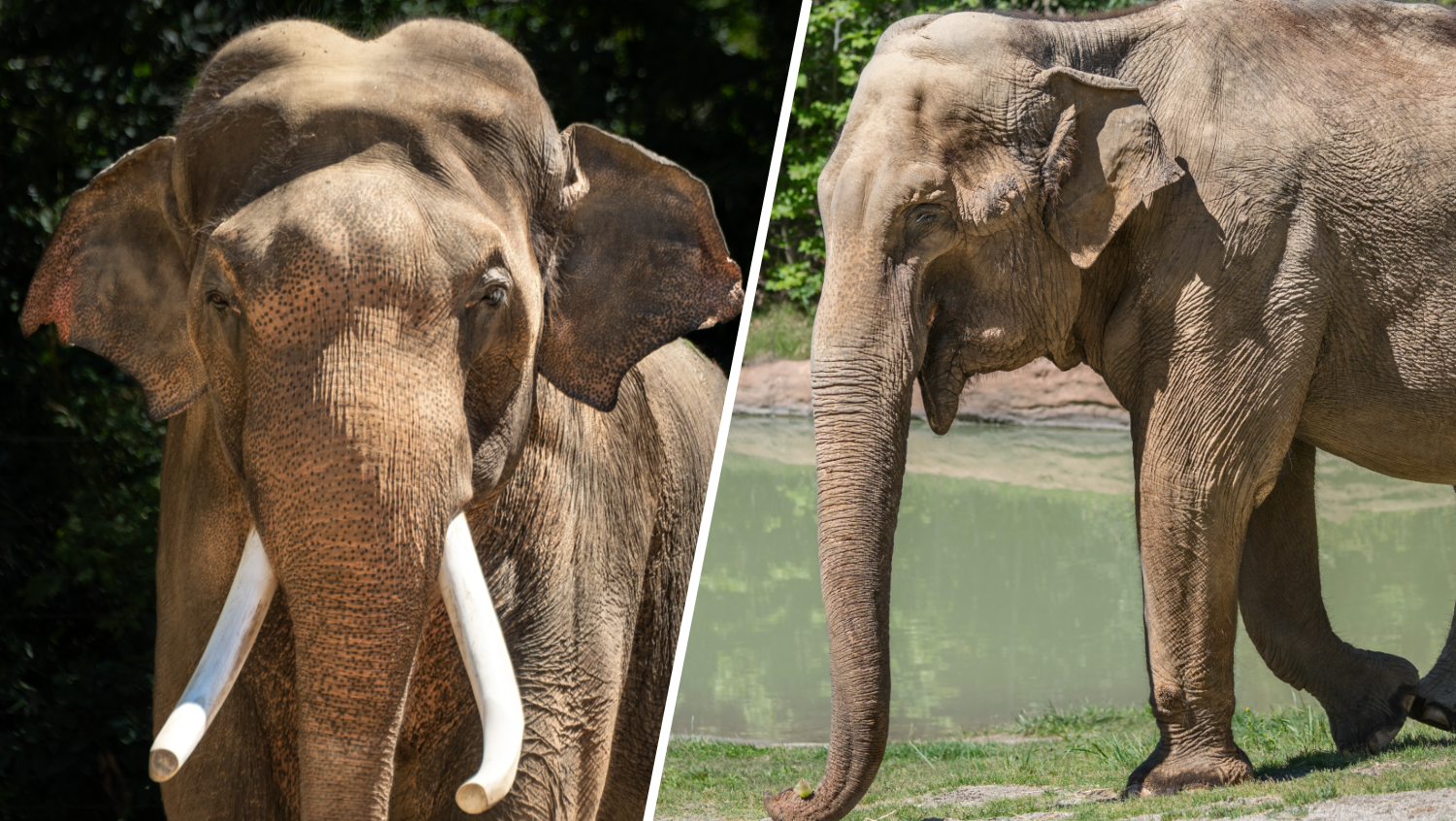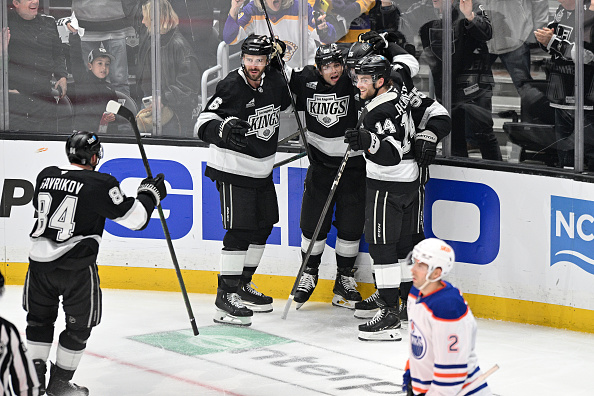It was the federal courts’ turn to get occupied Friday, as demonstrators across the country gathered to protest the two-year anniversary of a controversial Supreme Court ruling that extended the rights of natural persons to corporations.
It is a "preposterous notion that corporations are people and enjoy the same rights as citizens," said Marc Strickland, who brought his 10-year-old son with him to LA's downtown federal building. "It takes away a fundamental part of the democratic process."
Federal buildings in Los Angeles, Santa Ana and Santa Barbara, and the U.S. Bankruptcy Courthouse in Riverside were on the list to be occupied in a string of demonstrations across Southern California.
Protesters, organized by MovetoAmend.org, gathered against the 2010 decision in Citizens United v. Federal Election Commission, which deemed that the government had no right to regulate the independent political contributions of corporations.
The ruling’s logic asserted that when money is contributed directly to the candidate, there is potential for corruption, said Lawrence Zakson, campaign finance and election law attorney.
But if the money is being spent independently by people – or corporations – who are not the candidate, there is less potential for corruption, he added.
The controversy comes from the notion that corporations should be treated like people, or like a group of people acting together, Zakson said.
Local
Get Los Angeles's latest local news on crime, entertainment, weather, schools, cost of living and more. Here's your go-to source for today's LA news.
"Corporations are motivated to speak for different reasons," he said. "Part of that has to do with the fact that corporations have certain advantages in amassing capital that people don’t have."
Critics of the ruling cite equal-opportunity corruption when corporate money enters the political realm.
For example, telecommunications companies may band together and amass their own funds to support a candidate, Zakson said. They might speak on the candidate’s stance on abortion even though they don’t care about the social issue.
Rather, they care about that candidate’s position on telecommunications – an issue that directly affects their business, he added.
A protester who identified himself as Nowhere Man, donning circular sunglasses and a New York City tee-shirt reminisent of John Lennon, said the injection of unlimited corporate funds into politics is eroding the democratic process.
"We're raising our voices and saying, 'No, things have to be better,'" he said.
Those who think Citizens United was wrongly decided have two requests: either the ruling is overturned by the Supreme Court, or the constitution amended.
It would be difficult to actually achieve that amendment, Zakson said, since two-thirds of Republicans and Democrats in the House and Senate would have to agree to the measure.
Since its adoption, the Bill of Rights has been rarely changed – with only 27 amendments having been tacked on so far.
The most recent amendments set the voting age at 18 years old in 1971, and in 1992, an amendment was ratified that protected Congressional salaries.
Part of the adversity to constitutional amendments stems from a concern that it could spiral out of control.
People are "worried to the extent that this is sacred, it hasn’t been messed with," Zakson said. "But once you mess with it, who is to say (when it’s enough)?"
But support of a constitutional amendment is not outside the political mainstream.
California Assemblymen Bob Wieckowski of Freemont and Michael Allen of Santa Rosa authored a resolution calling on the state legislature to denounce the ruling and request that Congress allow states to ratify a constitutional amendment overturning the decision.
Then-Speaker of the House Nancy Pelosi said the decision "undermined the fundamental American value" of allowing voters to determine elections, according to a statement released on the first anniversary of the ruling.
The protests are particularly topical, occuring during a presidential race the frontrunner of which has publicly declared that, "Corporations are people, my friend."
Follow NBCLA for the latest LA news, events and entertainment: Twitter: @NBCLA // Facebook: NBCLA



